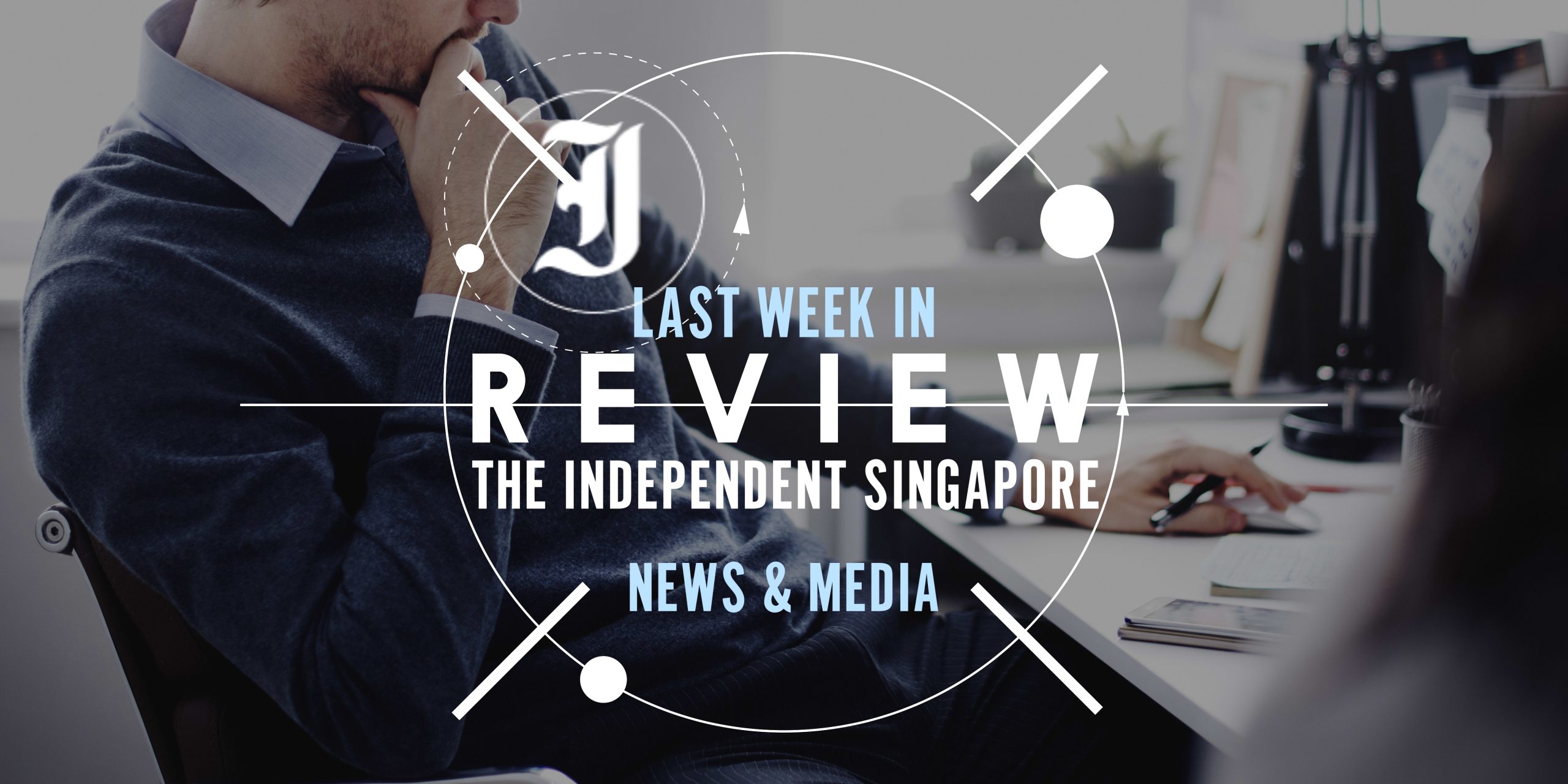Prime Minister Lee Hsien Loong (PM Lee) recently took to social media to reminisce about the unity Singaporeans displayed over the Covid-19 pandemic. In his post, PM Lee released a video that showcased frontline workers being invited to witness the Parliamentary debate on the White Paper on Singapore’s Response to COVID-19.
Among others, healthcare workers were key in the nation’s response to the health pandemic. Yet, while social media can be a good platform to show appreciation and support, it can also be a platform where harmful allegations can be made. A medical doctor recently suggested that the Ministry of Health (MOH) and the Singapore Medical Council (SMC) lift the gag on doctors and allow them to respond publicly to some patients who use social media to threaten healthcare workers.
Dr Desmond Wai, a gastroenterologist and hepatologist in private practice, says that some of the complaints that patients post on social media are a form of “abuse against healthcare workers.” To add context, Dr Wai said that it was common for some patients to threaten to post negative reviews or videos of clinics or healthcare workers on social media platforms out of dissatisfaction with the waiting time or queuing.
While everyone is entitled to an opinion, Dr Wai noted that in these instances, medical professionals could not provide their side of the story due to strict patient confidentiality rules and ethical guidelines.
The nature of social media is fast-paced and immediate. Irate customers can post reviews instantaneously, which can harm businesses and individuals alike. But while most businesses and individuals can also take to social media to put forward their version of events, certain professions, such as the medical fraternity, cannot due to confidentiality issues.
Patient confidentiality is important to foster trust, and I am not suggesting for one second that this be eroded. In the same vein, however, is it fair for our medical professionals to be punching bags for irate customers when it comes to issues like long waiting times? Surely, in these instances, our medical professionals should be given the right to respond like any other person?
The rules that govern the conduct of professional services, such as those in the medical field, were put in place long before the advent of social media. Is it perhaps time for some of these rules to be modernised to allow them to respond in certain instances?
While the details of illnesses and personal histories should be kept sacrosanct, where a patient is publicly slating clinics and the like for long waiting times etc., perhaps the clinic in question should be allowed to add context.
Social media is here to stay, and as such, it might be time for carve-outs to be made in these rules that govern professional conduct so that everyone can give their version of events. This way, social media will not be weaponised to hold businesses at ransom.
Where both sides are given the freedom to air their version of the story (without disclosure of medical details), the customers are more able to make an informed choice. For example, if I wanted to see a specialist for a specific disease and this specialist is extremely capable, I would not want to miss out on this opportunity because he or she had a bad review due to long waiting times on a particularly busy day. As the customer, I would want context to make an informed decision for myself, and I can’t do that if I only have one version of events.
As such, providing both sides of the story in certain instances is better for the wider public.
By and large, people are also discerning and able to suss out, which is a baseless complaint with merit. For example, actress Vivian Lai, who recently took to social media to complain about the service she received at Raffles Medical, was criticised by some netizens who considered her remarks to be attention-seeking, while others were able to recognise that she was venting about a bad experience rather than the medical proficiency of the healthcare professional.
In this case, if the medical professional can provide his or her version of events, as a response to Ms Lai, without disclosing personal details, the public can determine if they still wish to patronise that particular institution. After all, there is a difference between rudeness and poor medical skills.
People do need to vent when they have a bad day, but at the same time, the professional reputations of people deserve to be protected, while the public also has a right to make informed choices about which professionals they trust. How do we find the right balance where these needs are looked after?
Perhaps the best way to balance conflicting interests is to give medical professionals the right to respond publicly in certain instances as long as personal medical details are not divulged.

